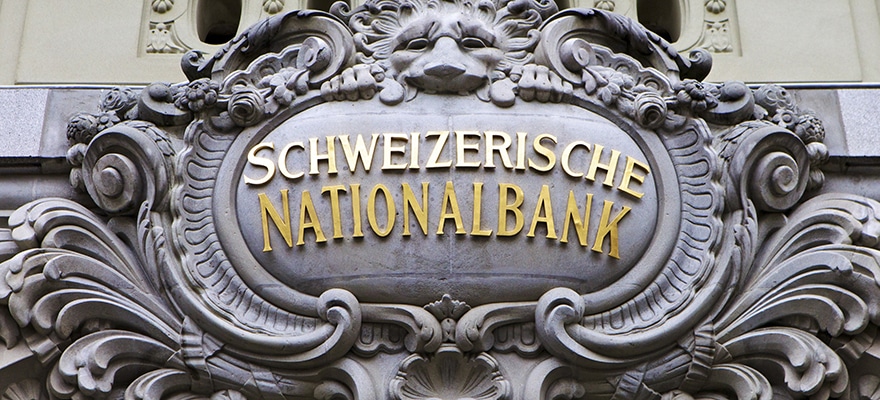The Danish Supreme Court issued a landmark decision in favor of Saxo Bank this Thursday, relating to the Swiss franc debacle that took place in 2015.
Until January of that year, the Swiss franc had been pegged to the Euro at a fixed Exchange rate. Domestic opposition to the policy, however, meant that the Swiss central bank suddenly decided to unpeg the currency on January 15th.
As a result, the exchange rate dropped dramatically. Previously 1 euro had been worth 1.2 francs. After the central bank's decision, 1 euro was only worth 0.85 francs.
This resulted in the Swiss stock market tanking and huge losses for hedge funds across the globe. The same was true for retail brokers - FXCM being the most infamous example.
Stop-loss failure
The court case involving Saxo Bank stemmed from this. One of the company's clients had several positions open that were tied to the EUR/CFH currency pair.
The client had also put in place a stop-loss to be activated if the value of the franc to the euro dropped below 1.198.
When that drop did happen, Saxo Bank sent automatically generated messages to the client, saying that their stop-loss had been used and their trades executed at an exchange rate of around 1.198 francs to 1 euro.
In reality, the Danish broker hadn't done this. They had tried to but, following the Swiss central bank's decision, there was low Liquidity in the market, making it difficult to execute the trades.
Eventually, the client's trades were executed at an exchange rate of 0.9625 francs to 1 euro. Unsurprisingly, the client wasn't pleased about this and decided to take the broker to court.
Almost five years after the incident took place, Denmark's supreme court has ruled in Saxo Bank's favor. The court said that "an extraordinary market situation" meant the company was unable to execute all of the client's trades at their desired price.
"Accordingly, Saxo Bank had been entitled to adjust the settlement prices after the basis of the agreement," said the court in a statement issued on Thursday.


















